Earthquakes-Are You Ready?
There is no getting around this, my friends. Are you ready for earthquakes to hit your city? Utah has been on high alert for decades for the “Big One.” Well, we are getting some of the aftershocks from California’s 7.1, along with other surrounding states. It’s crazy; on the news, I’m seeing people sleeping outside because their house is not safe to occupy. You may have seen grocery stores are closed, and the ones that are open, the shelves are empty, or inventory is all over the floor. Emergency Radio, Goal Zero Crush Light, Solar Flashlight, Flashlights
The time is now to be prepared and stop making excuses for not taking the steps to be prepared. Most of you are trying to be prepared or you wouldn’t be following my blog. We all know like-minded people stick together because they get it. They understand you can’t run to the grocery store to get a flashlight after a small or major disaster because the stores will probably be empty.
Oh, and forget about getting water, it will be the first thing to disappear. I can promise you, I will not, and I repeat, I will not be standing in line to get water or food from the city and county buildings after a disaster. If my house is still standing I will be sitting on my couch sipping water from my 20-ounce water jug, with the water I have stored.
Earthquakes
What Is An Earthquake?
According to Wikipedia, “An earthquake is the shaking of the surface of the Earth, resulting from the sudden release of energy in the Earth’s lithosphere that creates seismic waves. Earthquakes can range in size from those that are so weak that they cannot be felt to those violent enough to toss people around and destroy whole cities.”
What Should I Do Before An Earthquake?
We have prepped for disasters, but here’s a reminder for the bare minimum items you must stock NOW, not next week, or next year. We must be prepared for an earthquake, hurricane, flooding, or fire. I highly recommend the following items:
- A good fire extinguisher.
- Flashlights, solar or battery type (store extra batteries).
- First Aid Kit FIRST AID KIT by Linda
- Good shoes by your bed.
- A good battery or hand-crank radio.
- Keep your phones charged all the time.
- Purchase something to charge your phone, preferably solar-powered.
- Keep your gas tank 3/4 full at all times.
- Make a plan with your family with several scenarios to find each other after a disaster (please role-play with family members).
- Have water stored, at least 4 gallons per person per day.
- Have food stored for a minimum of 30 days-yes the stores will be closed or the shelves empty.
- Learn where to turn off your gas, water, and electricity NOW (do not turn it off unless you smell gas) then evacuate immediately.
- Secure heavy furniture and objects on shelves that will fall off during an earthquake.
- Have a communication plan in place and practice it monthly (walkie-talkies).
- Have a good whistle on your key ring or in your 72-hour kit.
- Make a DISASTER bucket with the supplies you will need to grab and evacuate your home within seconds.
Fire Extinguisher Tips
Here are some interesting facts about regular fire extinguishers we have at home, in the garage, or in the car. All fire extinguishers are labeled with certain labels as to which classification of fuel the extinguisher will be effective:
1. Class A Fires: Ordinary combustibles like paper, cloth, wood, rubber, and many plastics
2. Class B Fires: Flammable liquids like oil, and gasoline, charcoal lighter, kerosene
3. Class C Fires: Energized electrical equipment like wiring or motors. Once the electricity to those are turned off they become a Class A
4. Class D Fires: Combustible metals like aluminum, magnesium, or titanium
So when you purchase a fire extinguisher it is extremely important to identify the type of fuel you think will be most common at your home, office, garage, etc. so you can select the correct extinguisher you think may be best for your personal situation to do the job correctly.
Where Is The Safest Place To Be?
I remember when I was growing up the schools taught us to go to any doorway. Well, if your house is old, and it’s an adobe unreinforced home, that would still hold true to this day. But in houses built in the last 20 years or so, the doorways are no stronger than the rest of the house. Do you know how we were taught to go under a table years ago? That’s the safest place even today.
How Long Does An Earthquake Last?
They last from 10 to 30 seconds, typically. Be prepared for aftershocks, for days, weeks, and months because the ground is making readjustments from the earthquake.
How Far Do Earthquakes Travel?
Here’s an example: If the magnitude of the earthquake is 5.5 in the Eastern US, you should be able to feel it as far away as 300 miles (500km)
What Country Has The Most Earthquakes?
I quote from USGS: “Indonesia is in a very active seismic zone, also, but by virtue of its larger size than Japan, it has more total earthquakes. Which country has the most earthquakes per unit area? This would probably be Tonga, Fiji, or Indonesia since they are all in extremely active seismic areas along subduction zones.”
What Is The Most Active Earthquake Zone?
I quote Wikipedia: “The famous and very active San Andreas Fault zone of California is a transform fault which offsets a portion of the East Pacific Rise under the southwestern United States and Mexico; the motion of the fault generates numerous small earthquakes, at multiple times a day, most of which are too small to be felt.”
What Do I Do After An Earthquake?
- Stay calm, you must not show fear or it may upset all those around you.
- Put good shoes on if possible.
- Locate family members after checking yourself first for injuries.
- Turn your radio on. Hopefully, you have one that can run on batteries.
- Check your surroundings to determine if you are safe or need to relocate.
- Stay put inside if you’re inside now, if you’re outside, stay outside
- Do not use any lighters or matches because they could ignite a fire.
- Skip the candles, do not light them.
- Stay clear of your favorite beaches (Tsunamis possible).
- If you smell gas, open all windows, and doors, and leave your home.
- Check your home for damage to water lines, gas lines, and electrical equipment.
Final Word
I hope today’s post helps you understand a little more about being prepared for earthquakes. We know it’s inevitable in several areas of the country, so we need to be prepared before something hits our neighborhood. We can do this one step at a time. Please remember, when we are prepared we will have no fear. May God bless this world, Linda

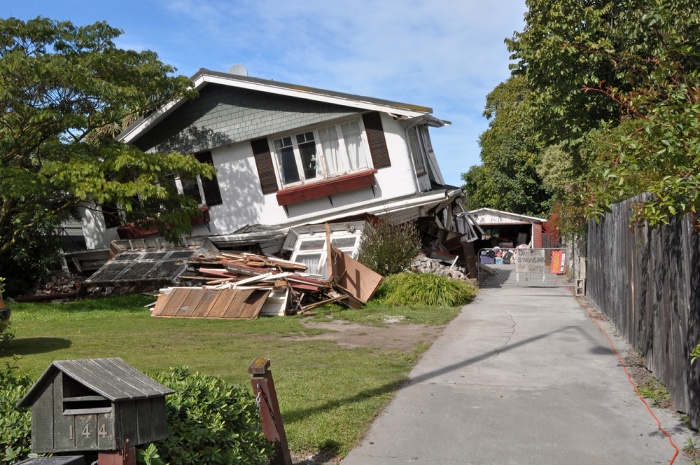


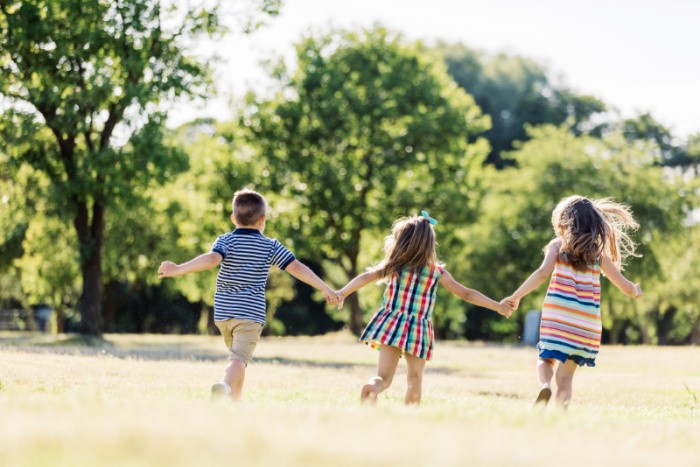
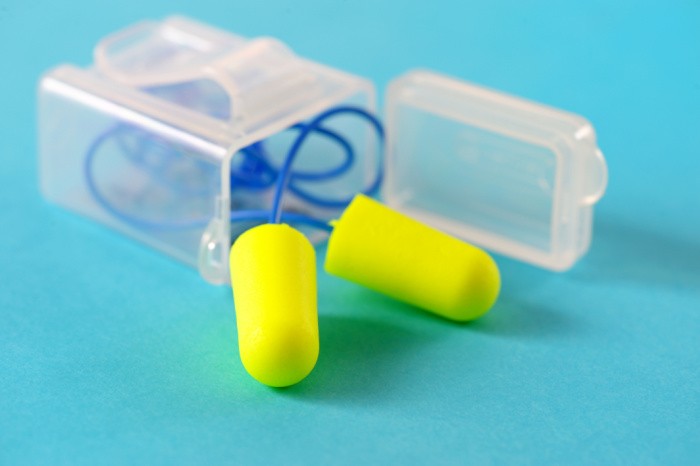
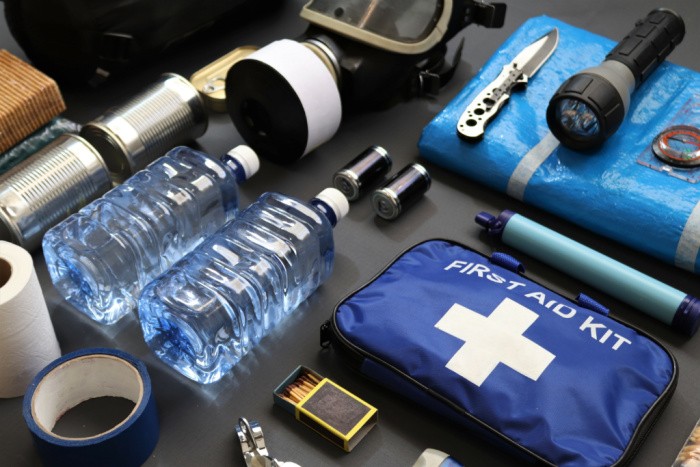

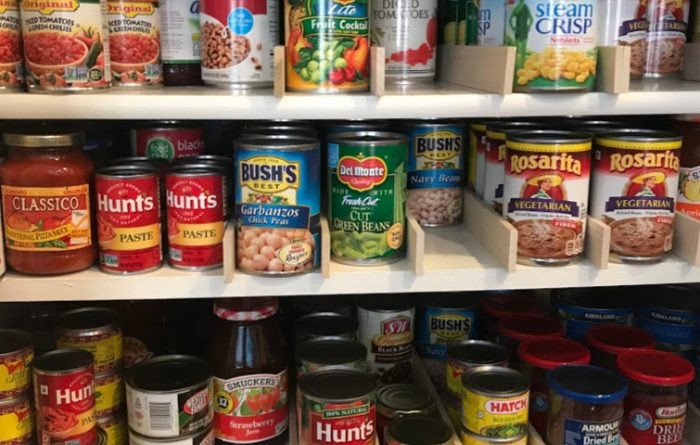


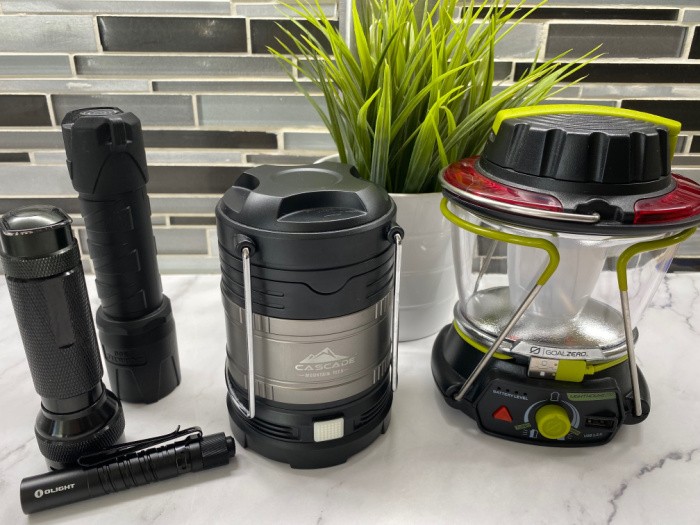
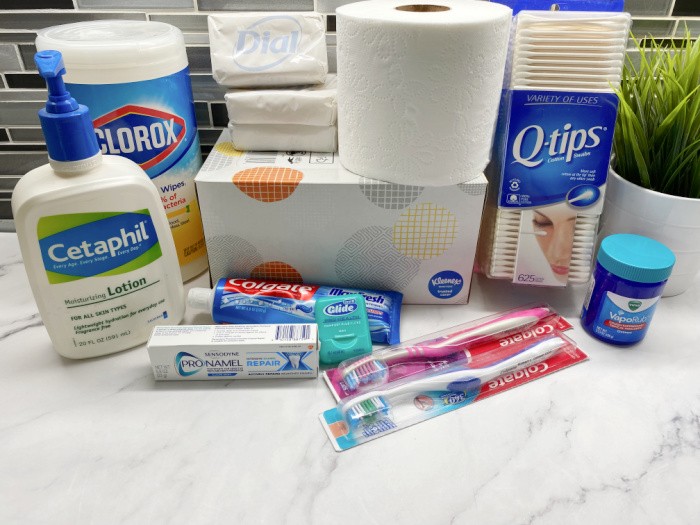
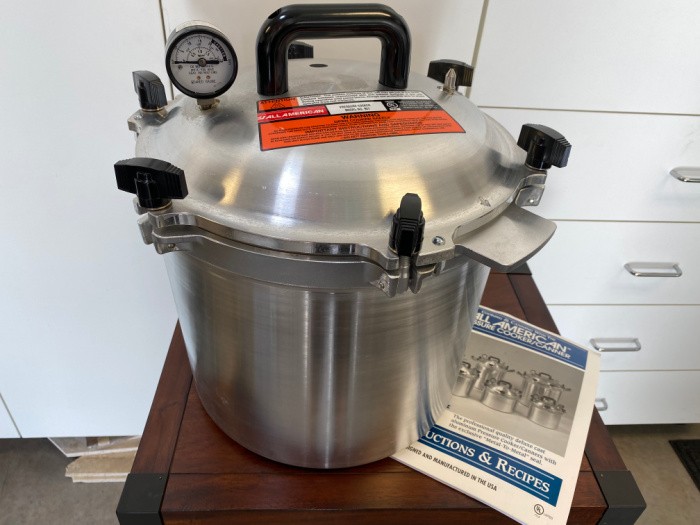
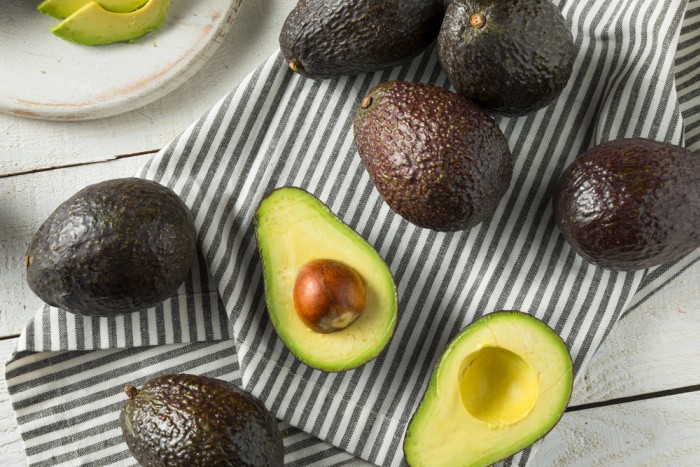
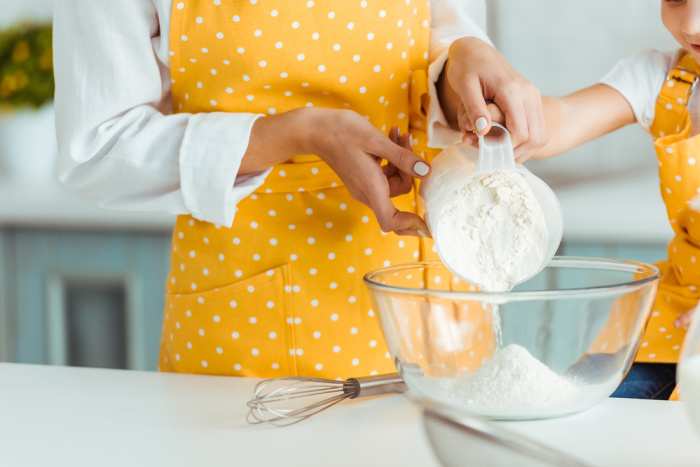

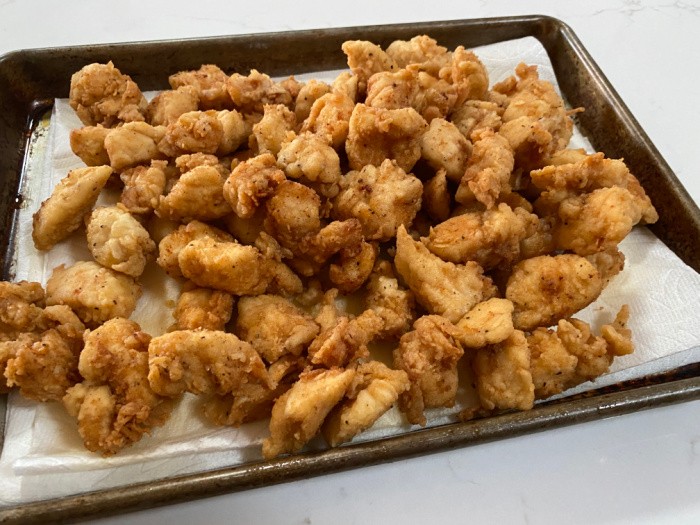
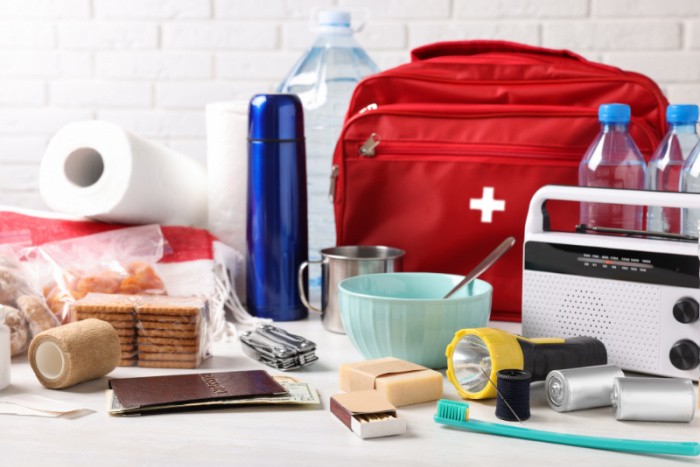
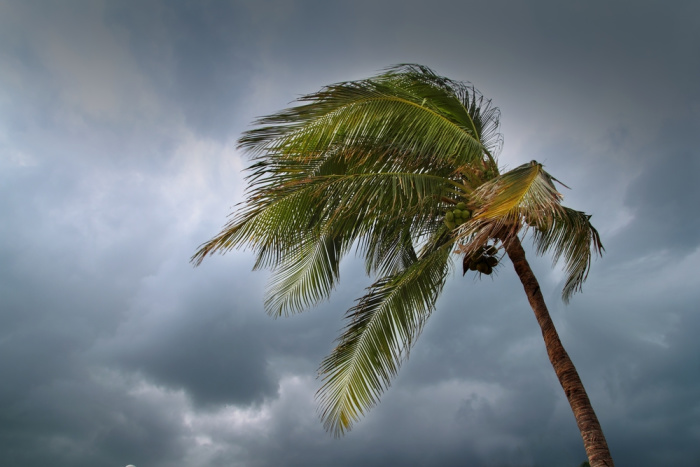
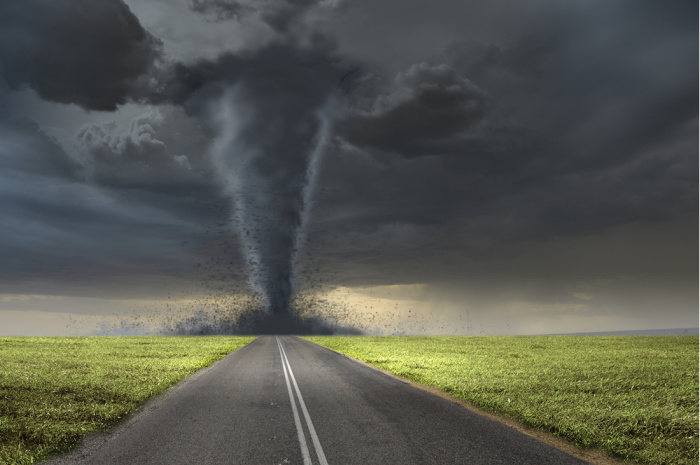

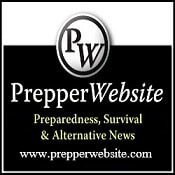
Such great advice once again Linda. Living in Oklahoma we are now experiencing more activity. What suggestions do you have for a prepared person who is currently moving to another area on how to move all the prep items. Some of the affected person may not be able or willing to rebuild in the affected areas. Long term solutions are very difficult decisions.
Hi Beth, this is a very good question. When we have to move for whatever reason it may be to downsize. I went from a home that was 4800 square feet (typical in Utah-large families) and then moved to a 1900 square foot home. It was very hard because I had always had a large storage area for food and preps. Here’s the deal, it always seems to work out. It may not work for some but I have about 16 buckets lined up on a wall in my guest room. I also have 56 gallons of water in WaterBricks under the bed. My grandkids guest room has my food storage lined up on shelving. I can’t put the food in my garage because it’s too hot. I have food and water behind dressers (turned on an angle) and every closet has food and water. I had to let go of stuff because the house is smaller. But not the important things like my food storage and preps. It’s very hard to downsize, no doubt about it, but it’s life. I hope this helps, Linda
Most bridges across the country can’t take these kind of quakes. I myself will be cut off from home if it happens while I’m at work. I’ll be hiking home and once I arrive without my truck. The go bag and water is extremely important.
If the wife was out doing something we could easily be with no vehicle at home once we arrived. Anyone thought about that?
My riding mower would become my workhorse for clean up and transport etc.
Hi Matt, I too am worried about having to leave my vehicle in town if the roads become cut off. I have the stuff I need to get home but at my age, it will take some time. But I can do it with the preps I have in the car. Your riding lawn mower will be a blessing to you, Linda
I am stockpiling some stuff. My hubby is becoming more tuned to this issue so that may speed up the process. Love to read your posts.
We live in Oxnard, CA Ventura County and we felt the 7/5 quake very strongly. We stayed where we were, (in bed) until it was over. I went to the living room to watch coverage my hubby went to sleep. LOL
Hi Lisa, Oh my gosh, “my hubby went to sleep”, I love it!! I bet you felt that earthquake, yikes!! You’re like me I turn the TV on to see what’s happening. My daughter lives in Huntington Beach and I know she has water and food storage. I just hope it’s enough if the aftershocks get any worse. All we can do right now is pray that people will be safe and have limited damage to their apartments, homes, and businesses. I’m so glad you like my posts, I work hard to bring the best to my readers. Stay safe, I’m praying for your family! Linda
Thank you. LOL
I’m just in the process of re-evaluating my prep storage. Right now things are sort of tucked away in various spots wherever I could fit them. I’ve got a small seating area near where I sleep that will soon have two wheeled trunks or storage containers to hold most of the odds and ends, with cushions on top to maintain seating but have things more accessible to the somewhat frazzled, less than clear thinking person I’m likely to be if woken up by an earthquake. There will be some food and water there too, though the bulk will still have to be in the guest room. Under the bed I have a pry bar, gloves, dust masks and googles in case I need to dig out. I’m adding a small pack with extra clothing for quick access. The supplies will be between me and an exterior door for easier evacuation. I’m still trying to find out if our apartment building has had a seismic evaluation but it’s a very solid structure built in the early 70’s so fingers crossed. I’m on the ground floor so can get out directly from the balcony if the door or window will open. Cars are parked in an underground garage that may or may not still be accessible but there’s a good emergency kit in there anyway. Still need to get some earthquake putty for various loose things but there is nothing heavy hanging over the bed. You’re never as ready as you think you are but I’m getting there.
Hi Alice, it’s crazy but sometimes we all need a wakeup call to get back on our prepping track. It’s always on our mind but thankfully, we are prepared as we can be. I agree with you on the “you’re never as ready as you think you are”! Keep prepping, we can do this, Linda
I know that I am ill prepared for an earthquake! As Alice H said, “You’re never as ready as you think you are…”
I have food/water/first aid supplies stored. I have a bag under my bed with heavy shoes, socks, flashlight, batteries, first aid kit, water, pry bar, gloves, dust masks and goggles. I also have several bottles of water that I rotate and some hard candies and jerky (also rotated) . I also have a well stocked BOB but if I have to evacuate via my balcony, not sure it it would survive the drop. All of my grab and go bags have copies of important papers. If I can go out by my front door and down the stairs, I will be able to take a lot more.
Something that concerns me and I am not sure how to resolve this concern is how to get enough out to survive for 2+ weeks. I would really like to take my camping gear if I have to evacuate but not sure it would be possible to get everything out in the event of an earthquake.
Scientists have been saying for some time now that the Pacific Northwest is long overdue for a really large earthquake. I’ve even read that anything west of interstate 5 will be destroyed – if not by the actual earthquake then by the resulting tsunami. If that happens, well… I live just west of I-5!! We also have volcanoes to contend with! There are always tremors on Mt. St. Helens and I have noticed recently that there have been more small earthquakes in various places along the Cascades.
Anyway, I am doing all I can at this point to prepare but again, may not ever be prepared enough.
Hi Leanne, I’m with you, I’m doing all I can, but it may not be enough. But, I have no fear because I can survive with what I have in my home. That’s if my home stays standing. Stay safe, Linda
To Linda,and all those who have commented, who live in potential earthquake zones: my hat is off to you with respect. As a Minnesotan, I can’t imagine trying to prep for this kind of thing. Because, all those preps mean little if a person’s home caves in, etc, and a person can’t get to them. (I guess this would be similar to fires out west?) Yet, preps are even more important if a person’s home isn’t affected, but the surrounding areas are hit.
Hi Wendy, great comment. We could indeed lose all we have stored whether it’s food, water or preps. I pray we can pull together as a community and help one another. Some of us will indeed lose our homes but we still need to be prepared in case our home is the only one left standing. That’s why we prep. Linda